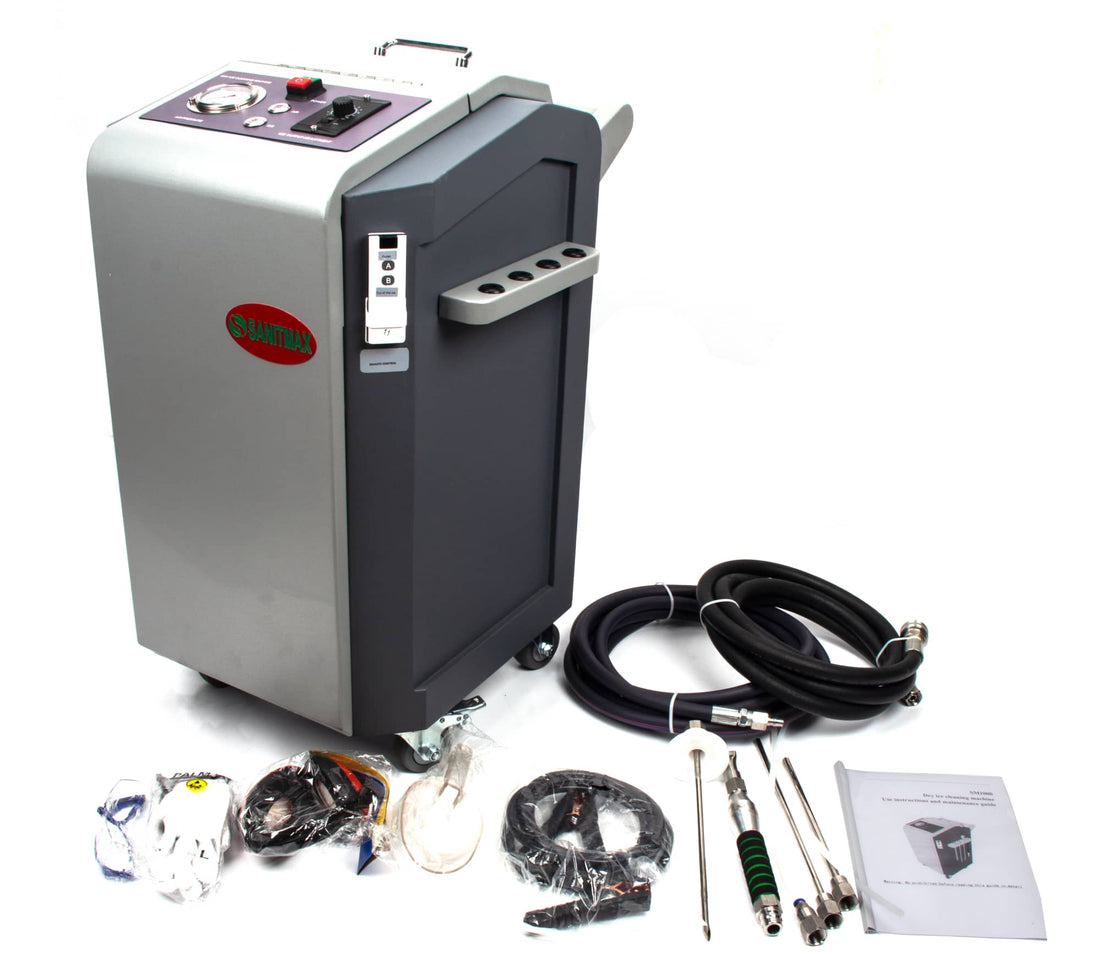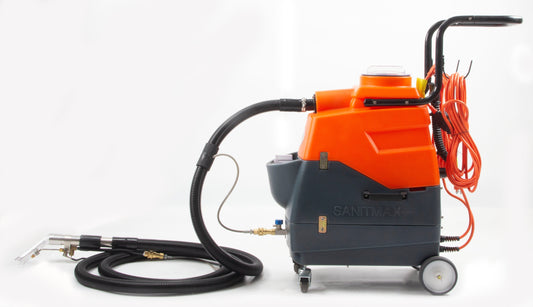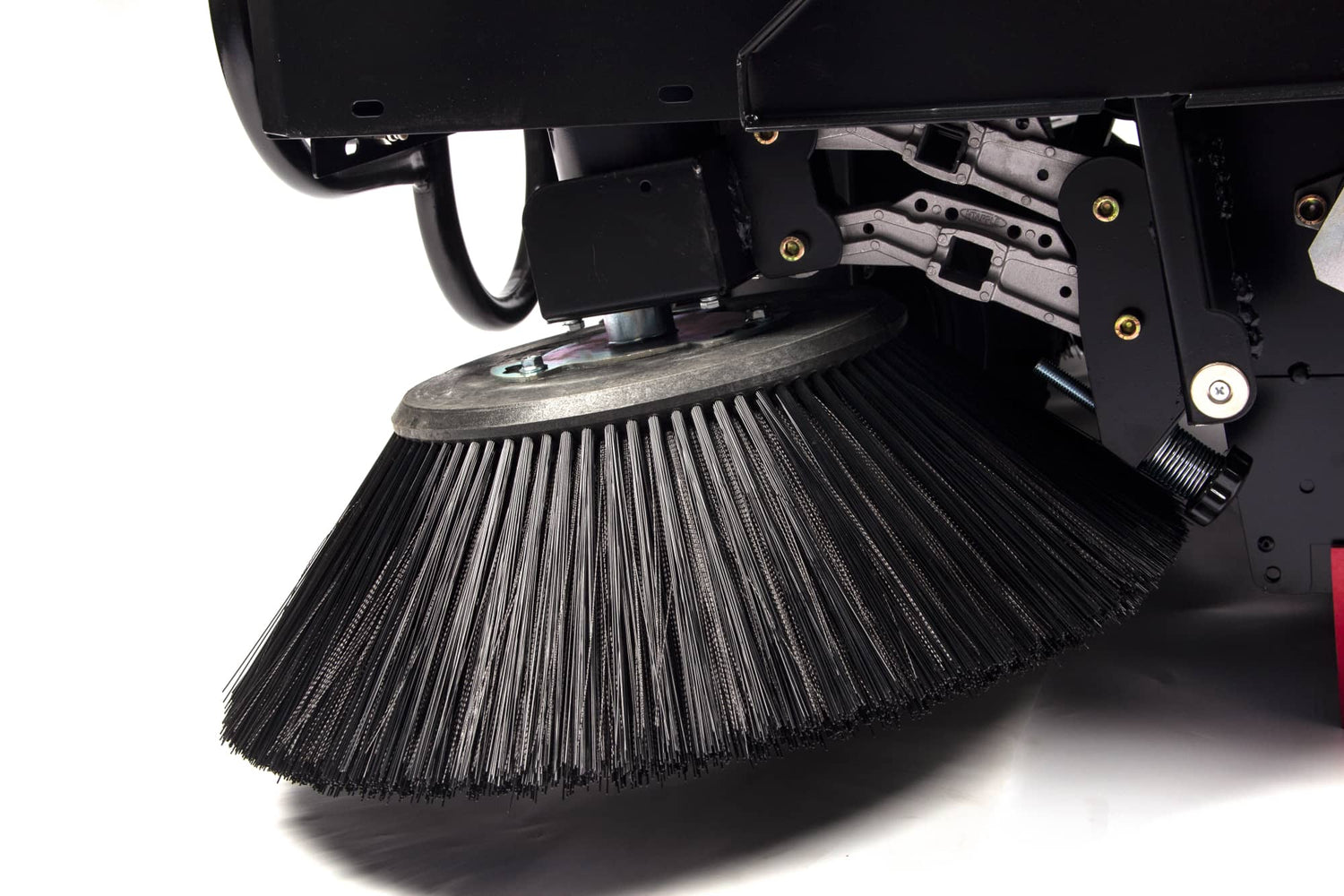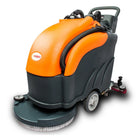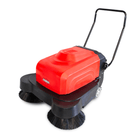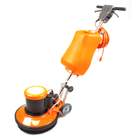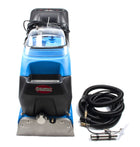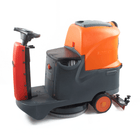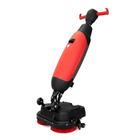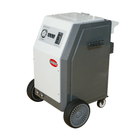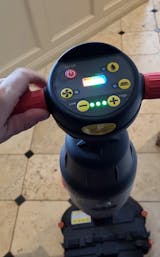In general, dry ice blasting is more expensive than traditional cleaning methods, such as power washing or manual scrubbing, but it can be more efficient and effective in certain situations. As such, it is important to carefully consider the costs and benefits of dry ice blasting before making a decision.
What device needs to work with dry ice blasting machine?
A dry ice blasting machine typically consists of a pressure vessel or hopper that holds the dry ice pellets, a delivery system that transports the pellets to the nozzle, and a nozzle that directs the flow of pellets onto the surface being cleaned.
To operate a dry ice blasting machine, you will need a source of compressed air to power the delivery system and propel the dry ice pellets towards the surface being cleaned. The required pressure and flow rate will depend on the size and type of dry ice blasting machine being used.
In addition to the dry ice blasting machine itself, you will also need a supply of dry ice pellets. These can be purchased from a dry ice supplier or manufacturer, and the cost will depend on the quantity and quality of the pellets.
Other equipment that may be needed when using a dry ice blasting machine includes personal protective equipment, such as goggles, gloves, and respirators, to protect against the cold temperatures and potential for injury from flying debris. You may also need additional cleaning supplies or tools, depending on the specific cleaning application.
What size of the air compressor needed for dry ice blasting machine?
The size of the air compressor needed for a dry ice blasting machine will depend on the size and capacity of the machine, as well as the specific cleaning application. In general, dry ice blasting machines require a high volume of compressed air at a relatively low pressure.
As a rough guide, a small portable dry ice blasting machine may require an air compressor with a capacity of at least 20-30 gallons and a flow rate of around 3-5 cubic feet per minute (CFM). Larger, industrial-sized dry ice blasting machines may require an air compressor with a capacity of 50 gallons or more and a flow rate of 10 CFM or more.
It is important to consult the manufacturer's specifications for the specific dry ice blasting machine being used to determine the required air compressor size. Using an air compressor that is too small or does not meet the required specifications can result in poor performance and reduced efficiency.
What size of dry ice needed for dry ice blasting?
The size of the dry ice pellets needed for dry ice blasting will depend on the specific dry ice blasting machine being used and the cleaning application. Most dry ice blasting machines are designed to use dry ice pellets that are 3/16 to 1/4 inch in diameter.
In general, smaller dry ice pellets are more efficient at cleaning small or hard-to-reach areas, while larger pellets may be more effective at cleaning larger surfaces or removing heavy deposits of dirt or grime.
The amount of dry ice needed for a dry ice blasting project will depend on the size of the surface being cleaned, the type of contaminants being removed, and the efficiency of the dry ice blasting machine. In general, a larger dry ice blasting machine will be able to clean a larger area using less dry ice than a smaller machine.
It is important to consult the manufacturer's specifications for the specific dry ice blasting machine being used to determine the recommended size and quantity of dry ice pellets. Using the wrong size or quantity of dry ice can result in poor performance and reduced efficiency.
Why choose SANITMAX SM1000 Dry Ice Blasting Machine?
SANITMAX SM1000 Dry Ice Blasting Machine is a practical and affordable alternative to traditional cleaning methods such as sand, soda, or water blasting and manual cleaning with solvents. It provides a quick, environmentally responsible, and technologically advanced solution to the most difficult cleaning challenges.
This machine is effective in a wide variety of cleaning applications ranging from heavy jobs like removing layers of heavy slag from automotive assembly rails to sensitive applications like removing flux from electronic circuit boards. It also has a wide range of applications in food processing, plastics and molded products, car detailing, printing, aerospace, contract cleaning, general maintenance, and many other industries.
When using it for cleaning and surface prep, you can always see the perfect results since it'll effectively remove grease, oil, dirt, dust, adhesives, paints, food residue, bacteria, tar, soot, greasy smoke residue, mold, ink, paper dust, resin… and more! From sticky glue on a binding machine to tarnish on delicate metal.
- Clean without causing any damage to the equipment and machine parts;
- Reduces overall cleaning time by up to 80%;
- Easy operation, leakage protection, energy-saving, compact design;
- It doesn't require secondary waste cleanup and is environmentally friendly.

